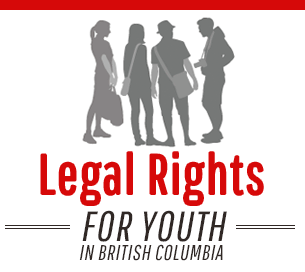Parents have a legal duty to support their children, even if one parent doesn't live with or even see the kids. The money one parent pays to the other parent to help provide for the daily needs of the kids is called child support.
Child support laws are based on the idea that a child should benefit from both parents' ability to support him or her in the same way he or she would if the parents lived together.
The parent who the child lives with most of the time is entitled to child support from the other parent. If a child spends equal (or almost equal) time with both parents, the parent with the higher income will usually have to pay child support.
Child support is the legal right of the child, but in most cases, a parent applies for child support from the other parent and the support payments are paid directly to the parent (not the child).
If you're younger than 19 and not living with your parents, you can start a court action for child support. But you will need a “litigation guardian”. This is an adult who starts the case in your name. The court is not likely to order child support if you have run away from home, found a job, and are living independently. If you have left home because of abuse or neglect, child protection workers are likely to get involved if you sue for child support.
If you're over 19, you might still be considered a child who is entitled to child support. If you have a disability and can't work to support yourself or you're enrolled in a full-time post-secondary education, you can apply for child support on your own. If this is your situation, you'll have to prove that you're in financial need. A support order won't automatically be made.
If you're thinking about making a claim for child support, speak to a lawyer first, as the process can be quite complicated. For information about how to find a lawyer or get legal aid, see Can you sue your parents for support? and Tips about getting legal help page on the Legal Aid BC website.



